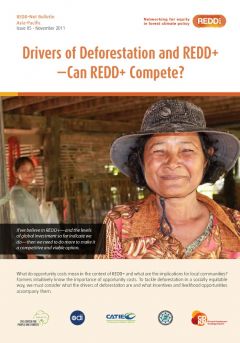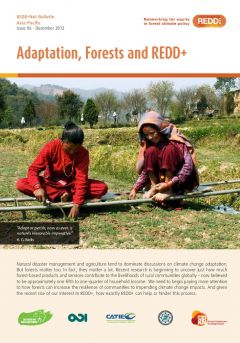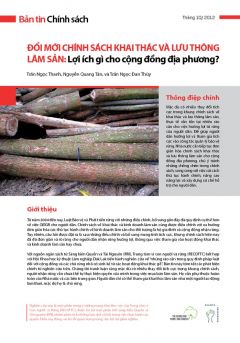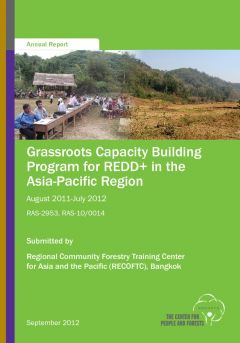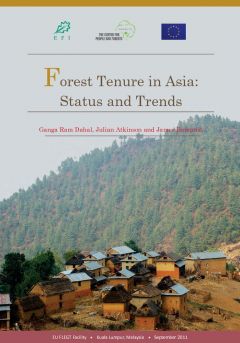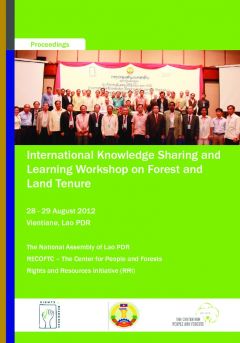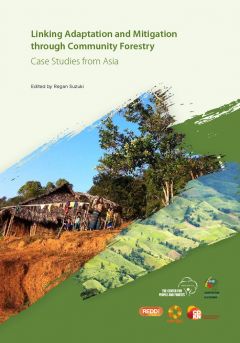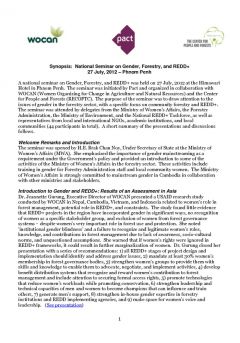Do collective property rights make sense? : insights from central Vietnam
We draw on empirical results from three case studies of property rights change across forest and fisheries ecosystems in central Vietnam to investigate the circumstances under which collective property rights may make sense. A
generic property rights framework was used to examine the bundles of rights and associated rights holders in each case, and to assess these arrangements with regard to their contextual fit, legitimacy and enforceability. The cases illustrate the interactions between private and collective rights to lands and resources, and the



